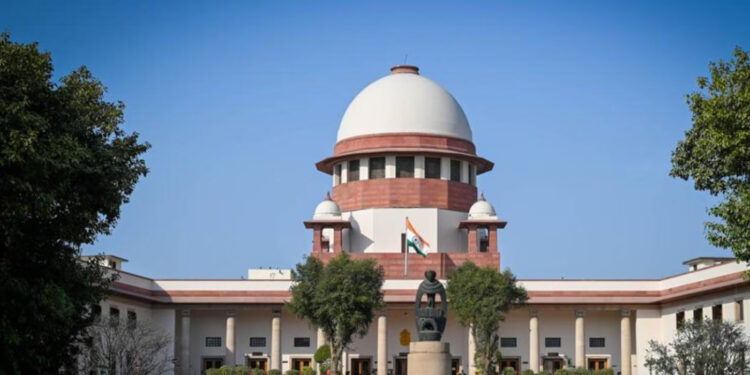On March 18, the Supreme Court granted bail to Upendra Nath Dalai, who is facing contempt proceedings for failing to pay costs imposed by the Court and for making contemptuous remarks against it. Apart from the civil contempt charges, the bench also initiated criminal contempt charges against him.
In January this year, the Bench comprising Justice CT Ravikumar and Justice Rajesh Bindal issued a non-bailable warrant against Dalai for his failure to appear before the court. He was subsequently taken into custody, and his detention was extended on multiple occasions.
The controversy in question revolves around a Public Interest Litigation (PIL) filed by an individual seeking to declare Satsang founder Sree Sree Thakur Anukulchandra as a “parmatma” (supreme soul). This PIL was dismissed by the Supreme Court, which also imposed a fine of Rs. 1 lakh as a punitive measure. Despite the Court’s ruling, the individual, referred to as Dalai, failed to pay the imposed fine.
As a result of Dalai’s non-compliance, the Court initiated a suo motu contempt case against him. Suo motu is a Latin term meaning “on its own motion,” indicating that the Court took action without being prompted by any party. This contempt case, initiated by the Court itself rather than through a separate petition, was launched against Dalai last year.
Contempt of court is a legal action that can be taken against individuals or entities who defy court orders, disrespect the judiciary, or obstruct the administration of justice. By failing to adhere to the Court’s directive to pay the fine, Dalai was seen as undermining the authority of the judiciary and flouting its decisions.
The imposition of a fine in such cases serves a dual purpose. Firstly, it acts as a deterrent, discouraging others from engaging in similar behavior. Secondly, it upholds the sanctity of court orders and ensures that judgments are respected and implemented.
In summary, the controversy arose from the dismissal of the PIL seeking to declare Sree Sree Thakur Anukulchandra as a “parmatma,” the subsequent imposition of a fine on Dalai, and his failure to comply with the Court’s order. This led to the Court initiating a suo motu contempt case against him, highlighting the importance of respecting judicial decisions and the consequences of failing to do so.

















